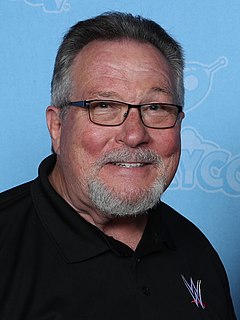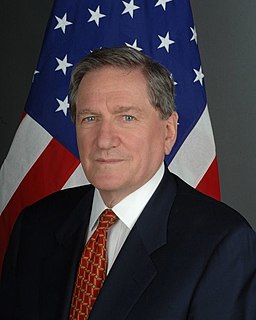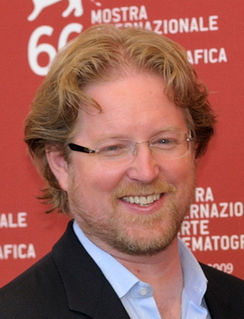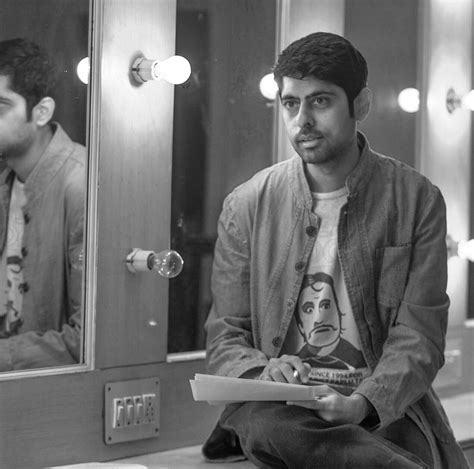A Quote by Catriona Gray
There is that whole realization that I'm not just speaking to Filipinos anymore: I'm speaking to a global audience.
Related Quotes
It's a sick thing, right: people are afraid of public speaking. I do public speaking, except my public speaking involves the audience only having one type of emotion and one type of reaction. If they have anything other than laughter, it's a failure. That's an absurd thing for a human to try to seek. The main thing to realize is that whatever I say, it's my truth and I believe in it, and if I don't get a laugh off that, then it's not working.
I'm speaking to someone I'm trying to get to fall in love with me. I'm trying to speak intimately to one person. That should be clear. I'm not speaking to an audience. I'm not writing for the podium. I'm just writing, trying to write in a fairly quiet tone to one other reader who is by herself, or himself, and I'm trying to interrupt some silence in their life, which is utterance.
Many people become self-conscious when they communicate. Whether it's writing or speaking, they are consumed by anxiety. Self-consciousness is an impediment to what is required to serve an audience effectively. One's goal must be to achieve audience consciousness. To put oneself in their place, to recognize that the value of any communication arises from how it is received by them, not by what it means to the author. Rather than learning a multiplicity of rules for speaking, for example, I would suggest that a focus on serving one's audience will simplify and clarify everything.
When you speak a foreign language, you become someone else. If you aren't used to speaking a language, and you start speaking it again, for the first few sentences you'll find yourself in very strange shape, because you're still the person who was speaking the first language. But if you keep speaking that language, you will become the person who corresponds to it.
There is speaking well, speaking easily, speaking justly and speaking seasonably: It is offending against the last, to speak of entertainments before the indigent; of sound limbs and health before the infirm; of houses and lands before one who has not so much as a dwelling; in a word, to speak of your prosperity before the miserable; this conversation is cruel, and the comparison which naturally arises in them betwixt their condition and yours is excruciating.
MEMRI allows an audience far beyond the Arabic-speaking world to observe the wide variety of Arab voices speaking through the media, schoolbooks, and pulpits to their own people. What one hears is often astonishing, sometimes frightening, and always important. Most importantly, it includes the newly-emerging liberal voices of reform and hope, as well as disturbing echoes of ancient hatreds. Without the valuable research of MEMRI, the non-Arabic speaking world would not have this indispensable window.
I could fill my whole time doing interviews, speaking to crowds, and there's this natural human tendency because of our culture to think that the more people I talk to, the bigger the
impact I'll have, and yet Jesus didn't spend His time just speaking to the masses. He spent the bulk of his time with a small group of people.
I could fill my whole time doing interviews, speaking to crowds, and there's this natural human tendency because of our culture to think that the more people I talk to, the bigger the impact I'll have, and yet Jesus didn't spend His time just speaking to the masses. He spent the bulk of his time with a small group of people.
"When I speak of love I am not speaking of some sentimental and weak response. I am not speaking of that force which is just emotional bosh. I am speaking of that force which all of the great religions have seen as the supreme unifying principle of life. Love is somehow the key that unlocks the door which leads to ultimate reality."









































